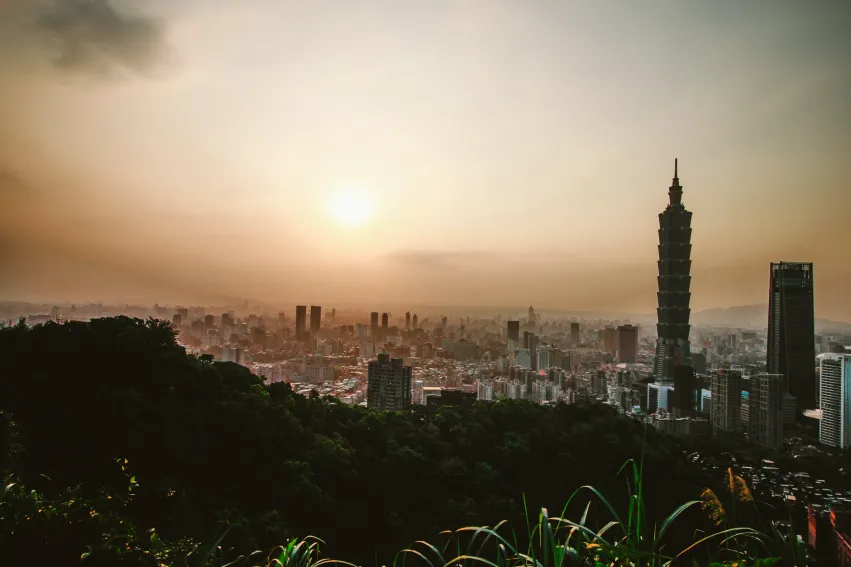
Sales of factories hit record highs in Taiwan in 2020
Sales reached nearly US$2bn, accounting for 39% of total annual transactions.
In November, the Directorate-General of Budget, Accounting and Statistics revised GDP growth for 2020 to 2.54%, up by 0.98 percentage points from its previous forecast made in August and expects the economy to grow by 3.83% in 2021 given a strong export performance.
According to Savills, electronic components and information and communication products lead the growth with export volumes increasing by 4.2% year-on-year (YoY) in the first eleven months of 2020. In contrast, private consumption remained conservative, dropping by 2.52% YoY, even though the domestic tourism market recovered in the second half of the year and the government rolled out a NT$51 billion stimulus voucher program.
Here’s more from Savills:
Annual transacted volume in the commercial property sector amounted to NT$138.6 billion (approx. US$4.9b), slightly down by 6.4% YoY in 2020. The effectively contained pandemic situation and low interest rate environment improved market confidence with 75% of transactions sealed in the second half of 2020. Sales of factories recorded a new high, accounting for 39% of total sales (NT$54.7 billion or US$1.9b) as the reshoring trend from the technology industry continued. Factories in the south and middle of Taiwan attracted end-user attention in view of the low land prices and the availability of land supply.
Insurance companies became active and dominated the market again, investing NT$45 billion in the commercial property sector in 2020. The uncertainty in global stock and foreign exchange markets led insurance companies to increase their investment in the domestic market. The total investment amount combining land and commercial property picked up by 184% YoY to NT$119.1 billion, the highest level since the authority implemented stricter property investment guidelines in 2012. The lack of sizeable investment properties and the low yield environment, usually ranging between 2.2% and 2.6% for prime office buildings, increased the attractiveness of the land development segment rather than income property, with over 60% of capital deployed in real estate allocated to land and superficies land rights (NT$74.2 billion).
Land transaction momentum remained high and the pandemic seems to have had little impact. Total volume increased by 9.2% YoY to NT$297.6 billion and land unit prices keep rising. In addition to insurance companies, developers continued replenishing their land banks given the booming presales and housing market. The central bank expressed serious concerns about the speculative atmosphere in the housing market and announced tighter credit controls for real estate financing, especially for multiple home buyers and land financing in December. For multiple home buyers and corporate buyers, the LTV ratio will be capped at 60% and land at 65%. This measure might have a limited cooling effect on the market as plenty of capital is currently looking for opportunities.
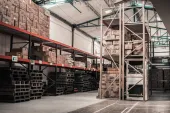
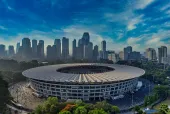

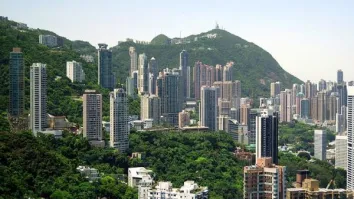

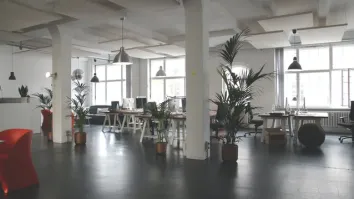













 Advertise
Advertise



